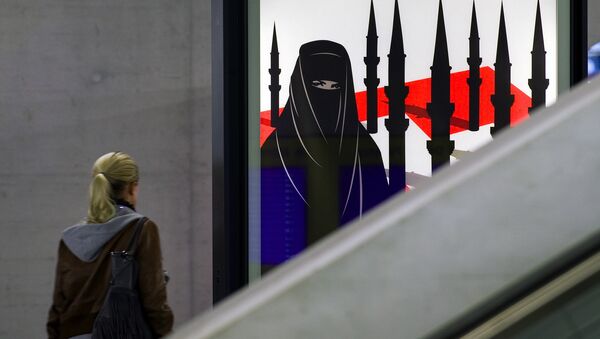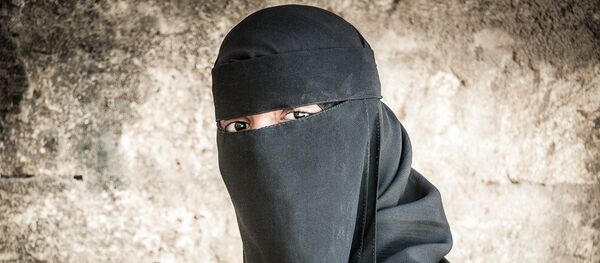“It’s the second time they have tabled the bill and it’s symbolic. There are only a few hundred women who are wearing a full face cover niqab and there is no specific security threat in this regard,” Berger said.
He further said that it has become a political issue with the elections coming up in March.
“We have elections coming up in March and the anti-Islam party or the party that manifests itself clearly as anti-Muslim is heading to the polls right now. So I think this is a way for other parties to show that they are tough on Islam.”
Talking about whether such a move would boost security in the country, Berger said that it’s not going to do that.
In the case of France, the burqa ban as it was called was challenged in the European Court of Human Rights.
“It was challenged on the grounds for which the ban was passed by the French legislation and security concerns were thrown off the table. However, what was accepted, was the French consideration of living together which was a typical French concept and the court of human rights said that maybe you have a valid ground to have such a burka ban,” Berger said.
He said that in the Netherlands, the parliamentarians have not raised such a concern.
Talking about whether this topic would blow over after the elections and whether the politicians are just trying to hype it up because it gets people riled up, Berger said that it is quite possible and such a pattern has been seen in France when the so-called right-wing parties demonstrate a very strong anti-Islam agenda.
The professor spoke about European liberalism and how the ‘right to choose’ is at the core of European values, however, there is a contradiction in that too.
“Liberalism is translated as the right for a person to choose whatever he or she wants and in that case you cannot ban the burqa. But when liberalism is considered as a general idea of how open society is, then a lot of people see that as a contradiction,” the professor said.
In conclusion, talking about whether the bill could be approved by the Senate, the professor said that knowing the Senate and the way it is composed in the Dutch legal system, “I think it will die a silent death.”
On Tuesday, the majority of one hundred and fifty MPs in the Netherlands voted in favor of the legislation. The latter would outlaw all face coverings including Islamic veils, ski-masks and helmets in schools, hospitals, government buildings and also on public transport.
Those caught flouting the ban would be fined up to around four hundred euros. The legislation will now go before the Dutch Senate, where it will have to be approved before going into law.
The bill, initiated by the Dutch Interior Minister, Ronald Plasterk, has long been stirring debates in the Netherlands. Earlier, Dutch Prime Minister, Mark Rutte, said the initiative was only introduced for security purposes. However, many raise concerns it targets the country’s religious minority.




